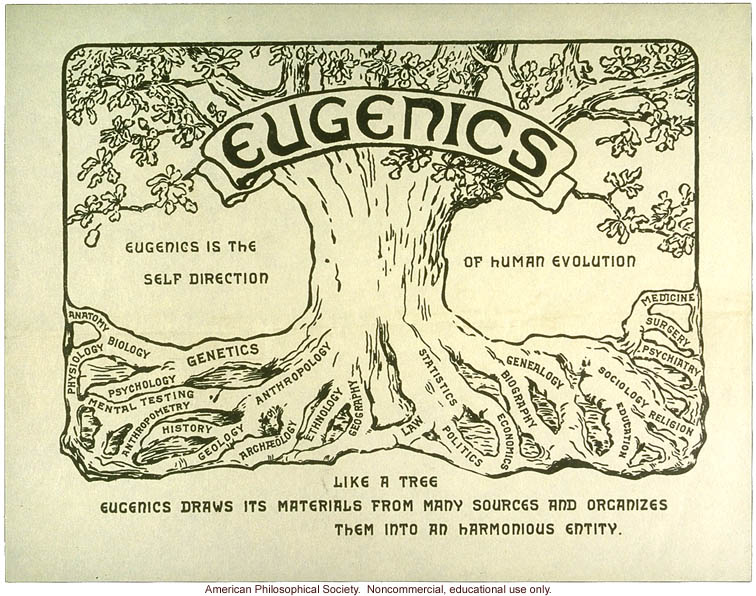



From Focus on the
Family (Canada) Association
![]()
The Euthanasia Controversy
As noted in The Case of Terri Schiavo on this website, several philosophies can be thought to support the controversial topic of euthanasia, which is the assisted suicide of an individual, and several can be thought of as being opposed to the issue. The topic is highly heated, with many taking a strong stance in one direction or the other. For a more detailed explanation of the controversy, see the discussion concerning Terri Schiavo.
![]()

From GRG.org
![]()
The Embryonic Stem Cell Controversy
For a history and large understanding of stems cells, please see the presentations here and here. These sites also contain useful information about the controversy surrounding embryonic stem cells.
Embryonic stem cells are the source of a large controversy in today's society. Stem cells relate to the issue of suffering in that many posit them as the future source of numerous cures for a wide range of genetic diseases and disorders, many of which can cause extreme suffering and pain.
Those philosophies that support the use of embryonic stem cells are those that have their basis in individualism, subjectivism, and utility: Epicureanism, Utilitarianism, Objectivism, Hume and Schopenhauer's philosophy, some forms of British Empiricism, and Analytic Philosophy.
Those philosophies that are against the use of embryonic stem cells are those that have a basis in universality and causality: the eudaemonistic tradition of Plato and Aristotle, Thomism, and Stoicism.
![]()

From "The
Adoption Historical Society"
![]()
The Eugenics Controversy
The controversial topic of eugenics possesses many similarities to the topic of embryonic stem cells; however, this issue takes the debate further. This issues involves the selection of certain characteristics by the parents for their children--"designer babies." This issue relates to the topic of suffering in that parents are attempting to limit the suffering that their children may experience.
A focus of two contrasting philosophical approaches to this issue will be addressed here: Objectivism and Thomism.
Objectivism -
According to Ayn Rand's Objectivist ethics in her The Virtue of Selfishness, all relations with others have an economic basis, since she states "[t]he principle of trade is the only rational ethical principle for all human relationships, personal and social, private and public, spiritual and material. It is the principle of justice." Rand denies any act that is done not out of rational selfishness and does not have a basis in trade.
The idea of eugenics does not disagree with the core principles of Objectivism, which are listed above.
Thomism -
Thomas's philosophy strongly disagrees with the principles behind eugenics. Thomism values the natural state of creation, which is abused during the process of eugenics in that the child is altered genetically and that in vitro fertilization occurs. Moreover, Thomism takes issue the reasons behind why a parent would attempt to limit the suffering of his children through such obtrusive measures. The four causes of Aristotle, which are central to Thomism, conflict with the very essence of eugenics.
Thus, eugenics is rejected by the philosophical school of Thomism.
"This site was created for an honors course at Monmouth College by students."